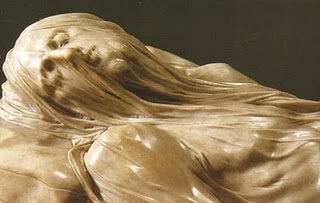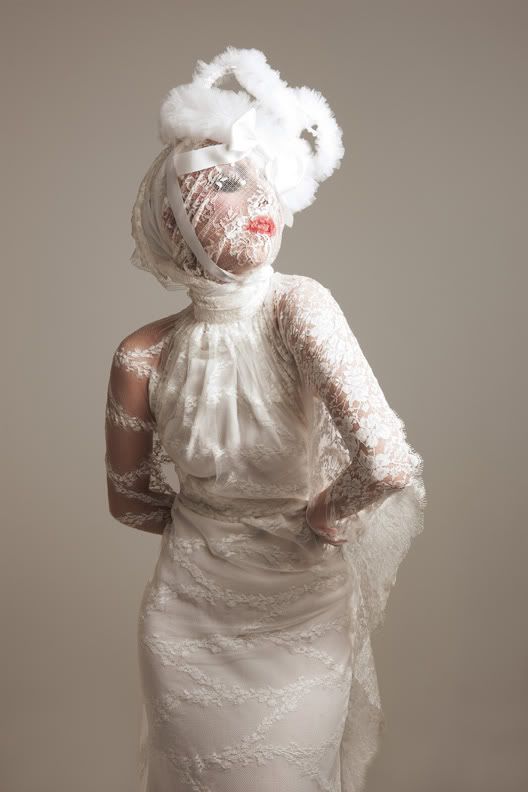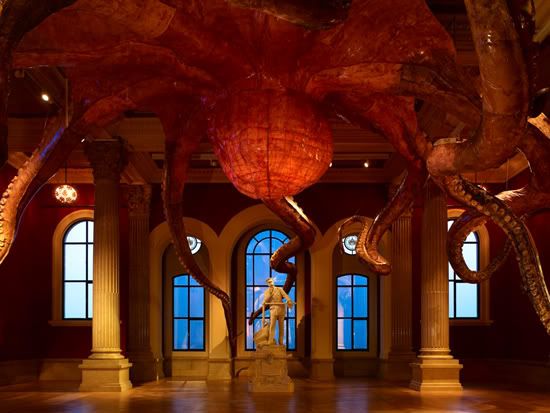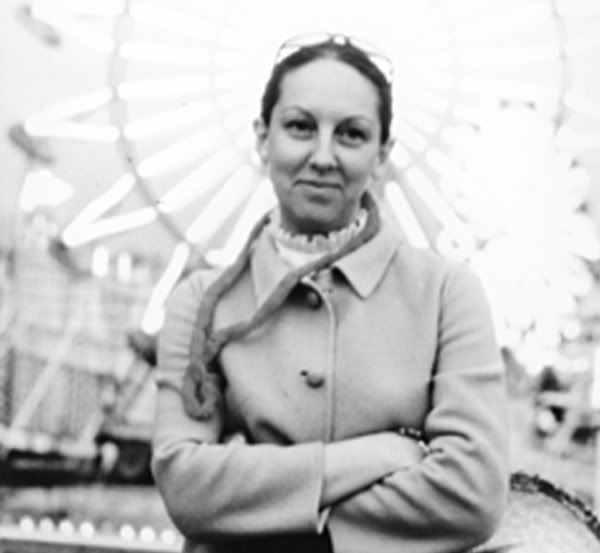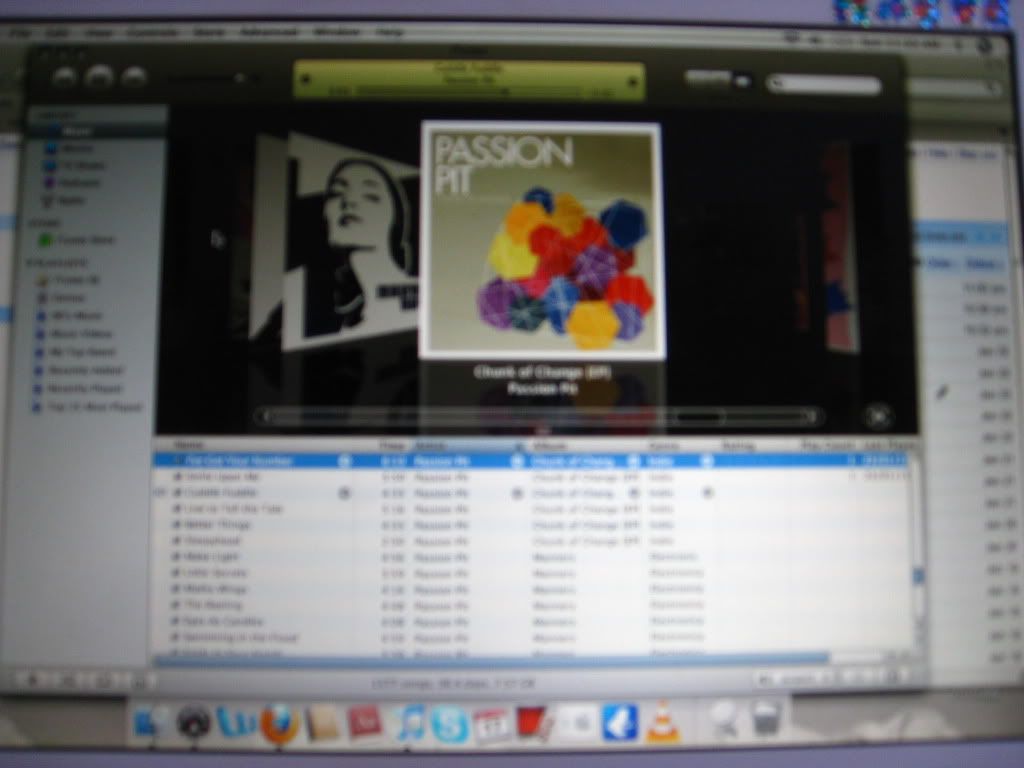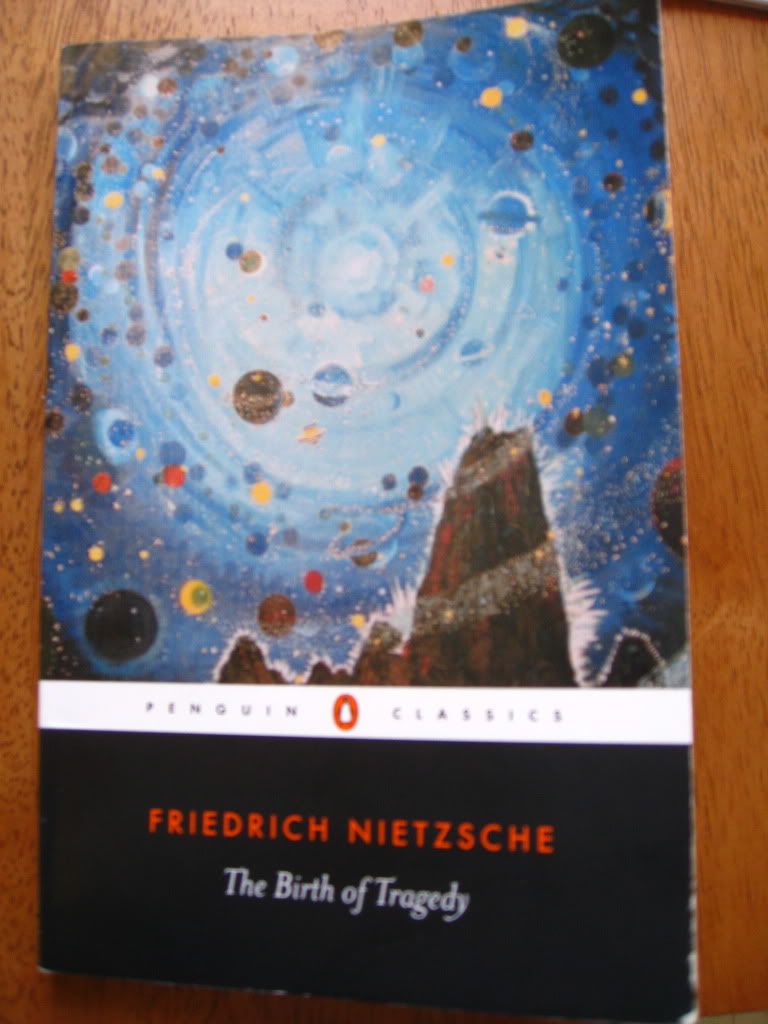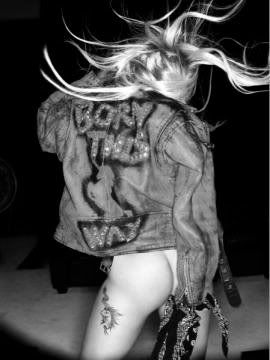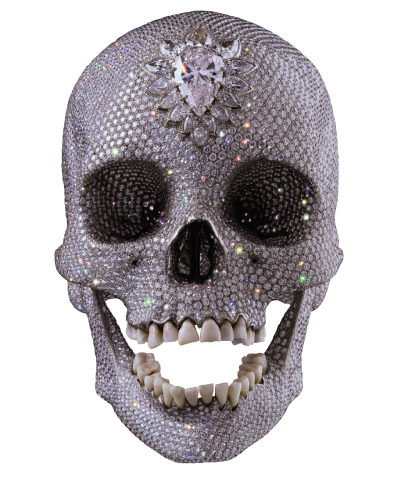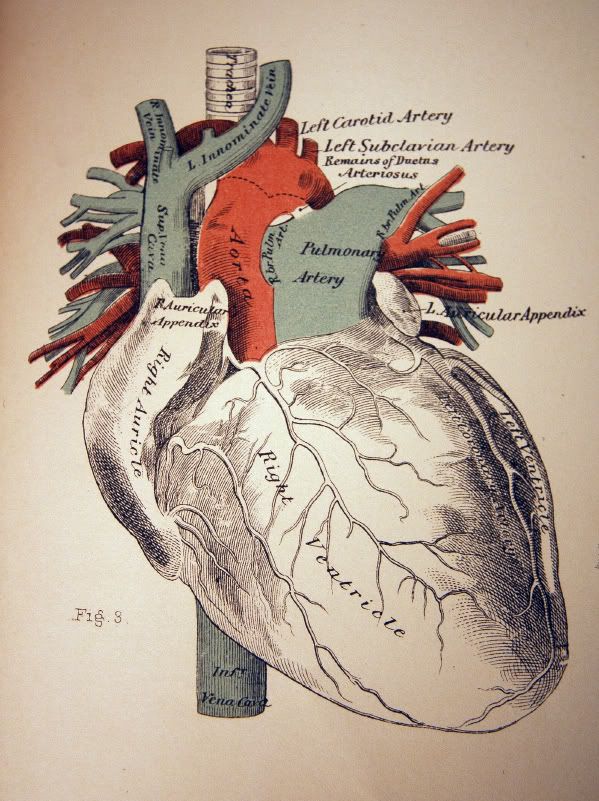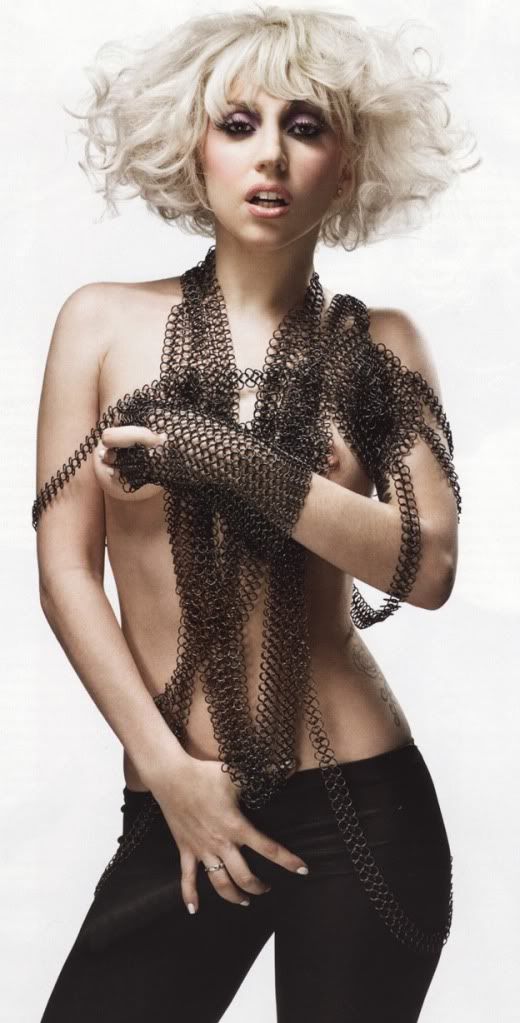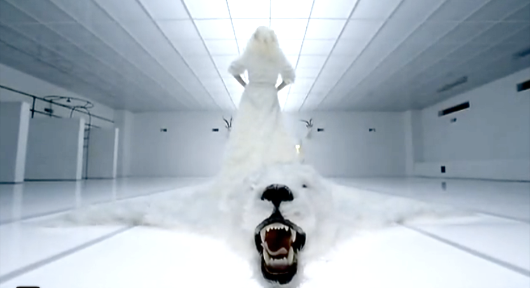with Nietzsche is not over. I think it might be life long. However, the Gaga fascination is fading. She's not so shiny anymore, so sparkly, so bizarre. It's all starting to look the same. But perhaps,
Born This Way will sway me.
For now, my heart belongs to Nietzsche.
"This book [
Human, All-Too-Human. A Book for Free Spirits] was begun in Sorrento during a winter when it was given to me to pause as a wanderer pauses and look back across the broad and dangerous country my spirit had traversed up to that time. this was in the winter of 1876-7; the ideas themselves are older. They were already in essentials, the same ideas that I take up again in the present treatises - let us hope the long interval has done them good, that they have become riper, clearer, stronger, more perfect!
That I still cleave to them today, however, that they have become in the meantime more and more firmly attached to one another, indeed entwined and interlaced with one another, strengthens my joyful assurance that they might have arisen in me from the first not as isolated, capricious, or sporadic things but form a common root, from a
fundamental will of knowledge, pointing imperiously into the depths, speaking more and more precisely, demanding greater and greater precision. For this alone is fitting for a philosopher. We have no right to
isolated acts of any kind: we may not make isolated errors or hit upon isolated truths. Rather do our ideas, our values, our yeas and nays, our ifs and buts, grow out of us with the necessity with which a tree bears fruit - related and each with an affinity to each, and evidence of
one will,
one health,
one soil,
one sun. - Whether
you like them, these fruits of ours? - But what is that to the trees! What is that to
us, to us philosophers!"
(Nietzsche, Friedrich, On the Genealogy of Morals, Trans. Walter Kaufmann and R. J. Hollingdale, (New York: Random House, 1969), pg. 16)

